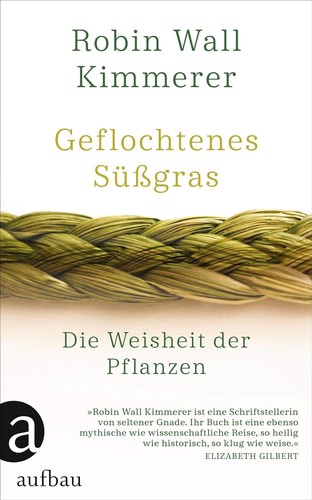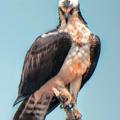A Powerful Journey
5 stars
I love nature and I love books.If you do too, you might love this book. Told with a almost mystical reverence for the natural world, but with the voice of a scientifically trained botanist it weaves a story that while tragic at times is hopeful and uplifting. I feel like I struggled along with the author as she told her story and came out a better person in the end because of it. The audiobook is narrated by the author and that adds an extra dimension to the book and makes it more enjoyable, something rare for author narrated audiobooks.



